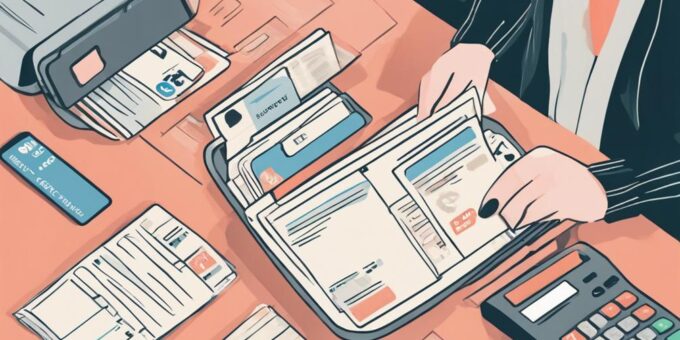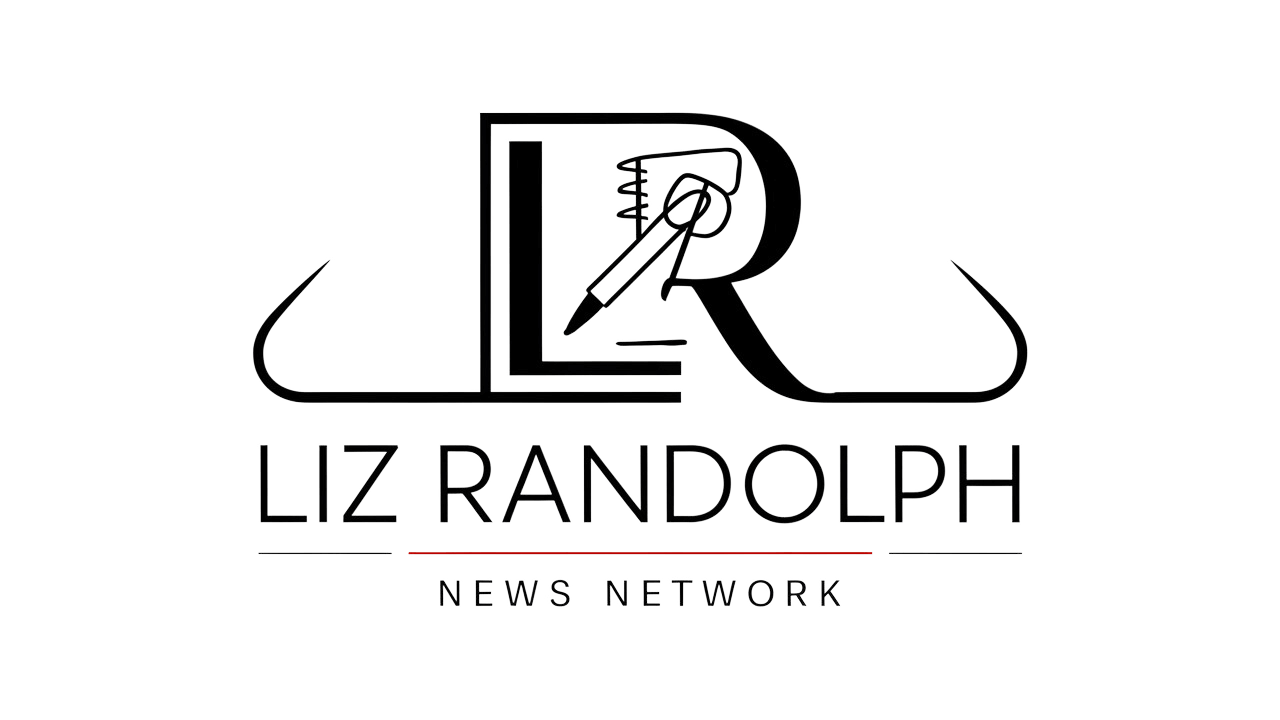
When it comes to managing credit cards responsibly, one must navigate the fine line between convenience and financial stability. By understanding the nuances of credit card usage and implementing strategic financial practices, individuals can harness the benefits of credit cards without succumbing to debt. It all begins with a mindset shift towards mindful spending and disciplined financial habits. Let's explore some key strategies that can empower individuals to leverage credit cards effectively and safeguard their financial well-being.
Benefits of Using Credit Cards Wisely
Why are the benefits of using credit cards wisely essential for financial stability? Utilizing credit cards responsibly can yield numerous advantages. When you pay your balance in full each month, you avoid accruing interest charges, hence maintaining financial control. Additionally, through strategic use of credit cards, you can earn rewards such as cash back, points, or travel miles, effectively earning while you spend. This incentivizes prudent financial behavior and adds tangible value to your purchases. Furthermore, using credit cards sensibly aids in building credit history, which is crucial for future financial endeavors. By demonstrating responsible credit management, you can improve your credit score over time, opening doors to better loan terms and increased financial opportunities. To sum up, employing credit cards judiciously not only provides convenience and flexibility in managing expenses but also paves the way towards a more secure financial future.
Setting a Realistic Credit Limit
When establishing a realistic credit limit, it is important to base it on your income to guarantee it aligns with your financial capabilities. Avoid opting for high credit limits that may tempt you to overspend and accumulate debt beyond your means. Regularly reviewing and adjusting your credit limit according to changes in your financial situation can help prevent financial strain and maintain a healthy credit utilization ratio.
Limit Based on Income
Establishing a practical credit limit based on your income is essential for maintaining financial stability and avoiding excessive debt. When setting your credit limit, consider your monthly income, expenses, and the amount you can comfortably repay. By aligning your credit limit with your financial situation, you can prevent overspending and debt accumulation. It's important to avoid requesting a credit limit that exceeds what you can afford to pay back promptly. Regularly reviewing and adjusting your credit limit as needed guarantees that it remains in line with your income and expenses, helping you manage your finances effectively. Keeping a realistic credit limit empowers you to control your spending and maintain financial stability.
Avoid High Limits
Aligning your credit limit with your financial capabilities is key to avoiding the pitfalls of high limits and maintaining responsible credit card usage. Setting a realistic credit limit helps prevent overspending and accumulating debt. By understanding your financial capacity and needs, you can determine the appropriate credit limit that suits your lifestyle without leading to impulsive spending. Requesting a lower credit limit can act as a safety net against falling into debt traps. Managing credit limits effectively enables individuals to use credit cards responsibly, ultimately avoiding the risk of accumulating debt. Consider the table below for a quick comparison:
| High Credit Limit | Lower Credit Limit | Benefits of Lower Limit |
|---|---|---|
| Temptation for overspending | Acts as a safety net | Avoid impulsive purchases |
| Potential debt accumulation | Helps manage expenses | Prevents falling into debt traps |
| May lead to financial strain | Reduces risk of debt | Promotes responsible spending |
Regular Limit Reviews
Conducting regular reviews of your credit limit is crucial for maintaining responsible credit card usage and aligning your financial capabilities effectively. By adjusting your credit limit based on factors such as income, expenses, and financial goals, you can prevent overspending and manage your spending within a feasible monthly budget. Setting a realistic credit limit helps you avoid financial strain and guarantees that you do not accumulate debt beyond your financial capacity. Monitoring and updating your credit limit as your financial situation changes will assist you in staying in control of your credit card usage, ultimately steering clear of unnecessary debt accumulation. Regularly evaluating your credit limit is a proactive approach to maintaining financial stability and responsible money management.
Monitoring Spending Habits Closely
Closely monitoring spending habits is vital for maintaining financial discipline when using credit cards. By tracking all credit card transactions regularly, individuals can identify patterns and pinpoint areas of overspending. Utilizing budgeting tools or apps can aid in monitoring credit card expenses, helping users to stay within their financial limits. Setting specific spending limits for different categories enables better control of credit card usage and prevents exceeding the budget.
Regularly reviewing monthly credit card statements is essential to promptly detect any unauthorized charges or errors. This practice guarantees that any discrepancies are addressed promptly, safeguarding financial stability. Analyzing spending habits allows for necessary adjustments, emphasizing the importance of prioritizing essential expenses over discretionary purchases. By closely monitoring spending habits, individuals can cultivate responsible financial behavior and avoid falling into debt traps. It is a proactive approach to managing credit card usage wisely and staying on top of financial wellness.
Importance of Timely Payments
Timely payments play a pivotal role in safeguarding one's credit score and financial well-being. Consistently making on-time payments demonstrates financial responsibility to creditors and helps maintain a positive credit history. Late payments, on the other hand, can result in penalty fees, increased interest rates, and a negative impact on your borrowing ability in the future. To guarantee timely payments each month, setting up automatic payments can be a helpful strategy. Here are key points to keep in mind regarding the importance of timely payments:
- Maintaining Credit Score: Timely payments are essential for preserving a good credit score.
- Avoiding Penalty Fees: Late payments can lead to additional charges in the form of penalty fees.
- Demonstrating Financial Responsibility: Making on-time payments showcases responsibility to creditors.
- Preserving Borrowing Ability: Consistent timely payments are crucial for safeguarding your ability to borrow in the future.
Utilizing Rewards Programs Effectively
To make the most of rewards programs, focus on maximizing your rewards redemption by understanding bonus categories and utilizing them strategically. By being aware of which purchases qualify for bonus points and taking advantage of promotions, you can increase the value of your rewards greatly. Stay informed about any changes in rewards categories or special offers to make sure you optimize your benefits effectively.
Maximize Rewards Redemption
When aiming to maximize rewards redemption effectively within credit card programs, strategic utilization of bonus categories and timely reward points redemption are essential practices. To guarantee you make the most of your rewards, consider the following tips:
- Redeem rewards regularly: Prevent losing points or miles due to expiration policies.
- Utilize bonus categories: Earn extra rewards on specific types of purchases.
- Take advantage of sign-up bonuses: Maximize initial rewards accumulation.
- Transfer points to travel partners: Potentially increase redemption value.
Understand Bonus Categories
Understanding bonus categories is essential for effectively utilizing rewards programs associated with credit cards. These categories, such as groceries, gas stations, restaurants, and travel, offer higher cash back or rewards. By aligning bonus categories with your common spending habits, you can maximize rewards and credit card benefits. Some cards have rotating categories that change quarterly, requiring you to track and adjust your spending to optimize rewards potential. Keeping an eye on these bonus categories and adjusting your purchases accordingly can greatly increase the value you receive from your credit card. By actively monitoring and utilizing these bonus categories, you can make the most of your credit card rewards and enhance your overall financial control.
Seeking Professional Financial Advice
For individuals seeking to effectively manage credit card debt, professional financial advice can provide tailored strategies and expert guidance. Seeking assistance from certified credit counselors or financial advisors can offer a range of benefits, including:
- Holistic Financial Planning: Professional financial advisors can help individuals develop effective plans to reduce and eliminate credit card debt efficiently.
- Budgeting Techniques: Credit counselors can assist in creating personalized budgets that prioritize debt repayment while meeting financial goals.
- Strategic Financial Planning: Professionals can aid in thorough financial planning, aligning debt repayment with long-term financial objectives.
- Credit Score Improvement: Expert guidance can lead to negotiating with creditors for better terms and developing strategies to enhance credit scores.
Frequently Asked Questions
How to Use a Credit Card Without Going Into Debt?
To effectively use a credit card without falling into debt, it is important to understand your financial limitations and exercise disciplined spending habits. By paying off the full balance each month, avoiding frivolous purchases, setting a budget, and tracking expenses diligently, you can maintain control over your finances and prevent accumulating debt. Additionally, utilizing rewards cards wisely can offer benefits without the risk of debt accumulation.
How to Avoid Getting Into Credit Card Debt?
To avoid getting into credit card debt, it is important to pay attention to your spending habits, set a budget, and commit to paying off the full balance each month. By monitoring your expenses, prioritizing debt repayment, and avoiding unnecessary purchases, you can maintain control over your finances and prevent accumulating debt. Additionally, having an emergency fund in place can help cover unexpected costs without relying on credit cards, further reducing the risk of debt.
How Do You Use a Credit Card Responsibly and Avoid Debt?
To use a credit card responsibly and avoid debt, it is essential to pay off the full balance monthly, set a budget, and spend within your means. Avoid making only minimum payments and monitor your credit card usage regularly. Use credit cards for necessities or emergencies, not for unnecessary purchases. Maintaining financial discipline by adhering to these practices can help prevent accruing interest and falling into debt.
How to Use a Credit Card to Build Credit Without Debt?
Utilizing a credit card to build credit without incurring debt involves strategic financial management. By making regular, on-time payments and keeping credit utilization low, individuals can establish a positive credit history. Monitoring credit reports for accuracy is essential in ensuring a healthy credit profile. Responsible usage, such as paying off balances in full each month and limiting unnecessary spending, showcases financial discipline. These practices contribute to a strong credit score and improved creditworthiness.
